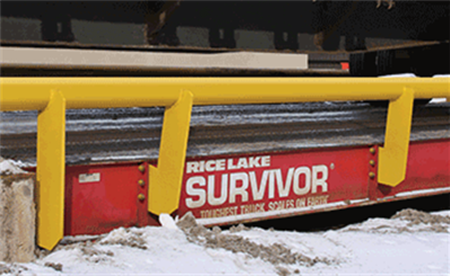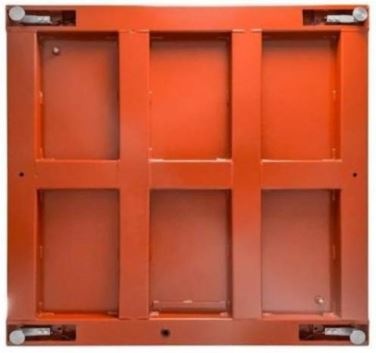Top Wheelchair Scale Choices to Consider
In this entry I am going to take a look at what I consider to be the top choices for wheelchair scales which are used at doctors offices, hospitals, and even could be used by patients at home or in assisted living environments. Of course, right off the bat I want to emphasize quality. Sure,… Read More »

